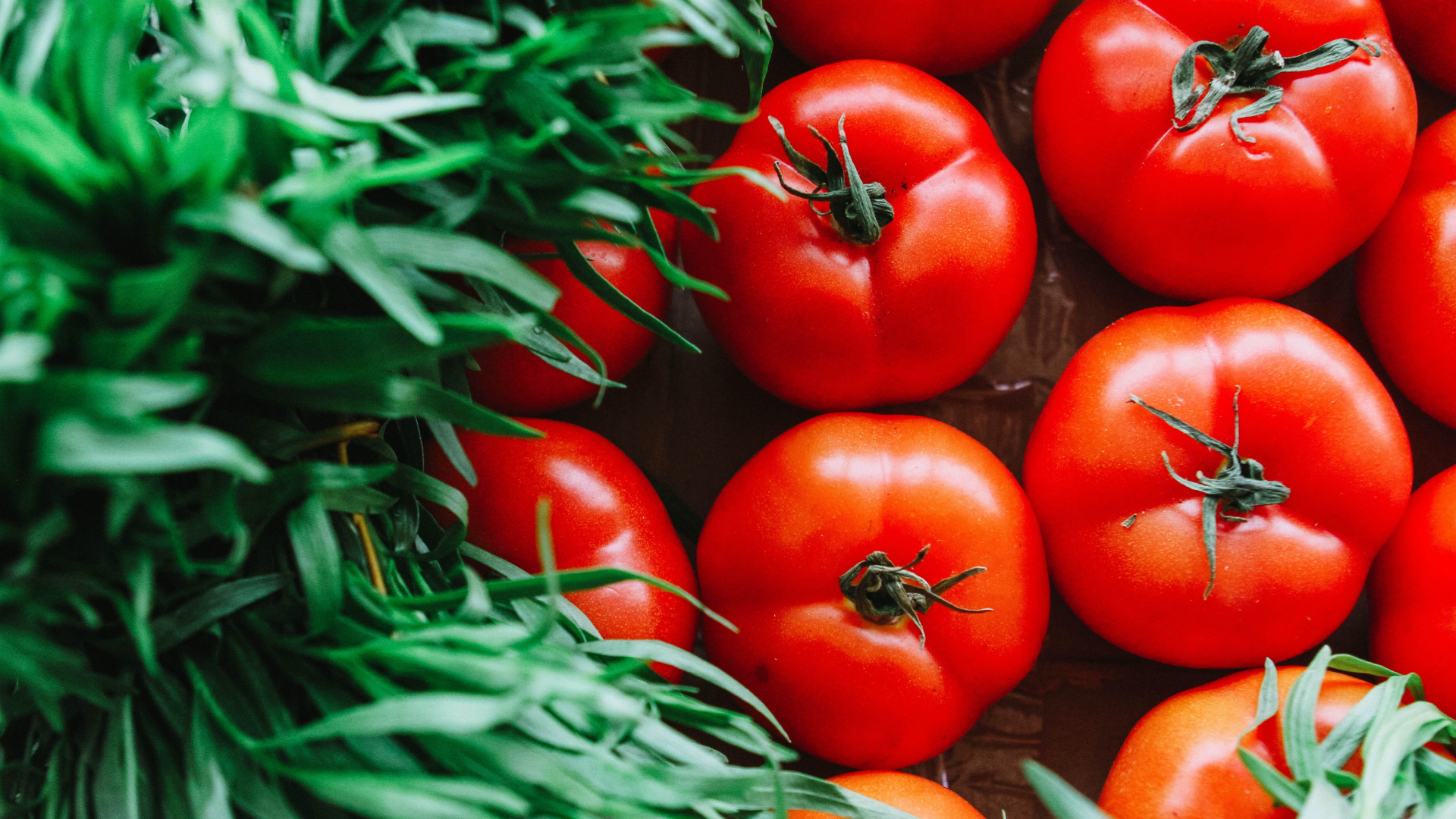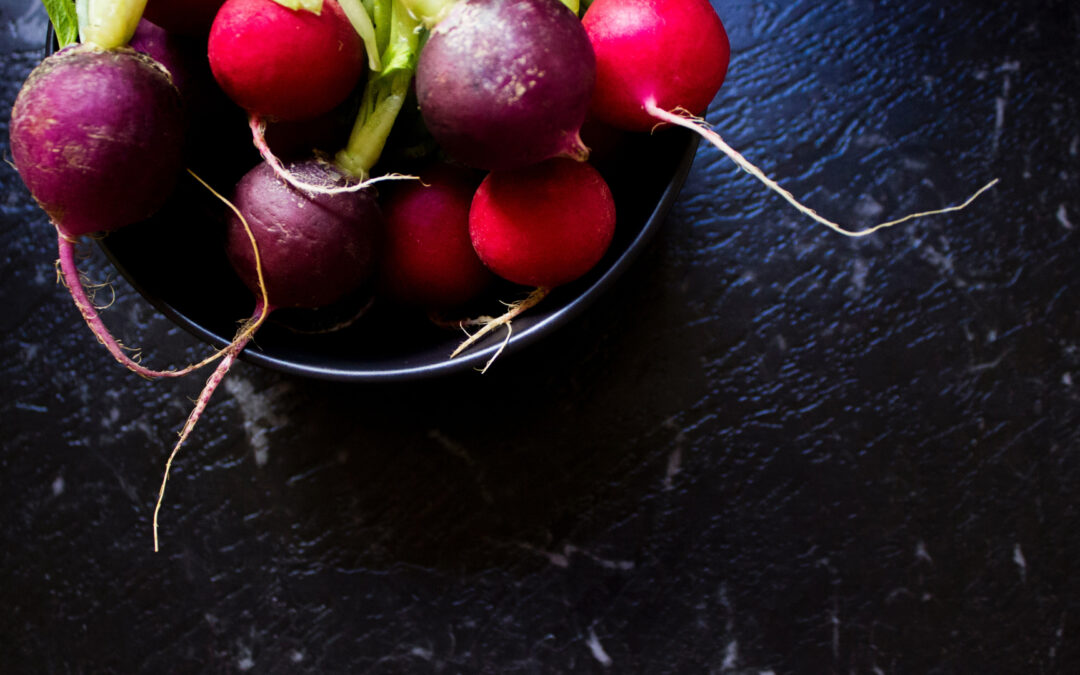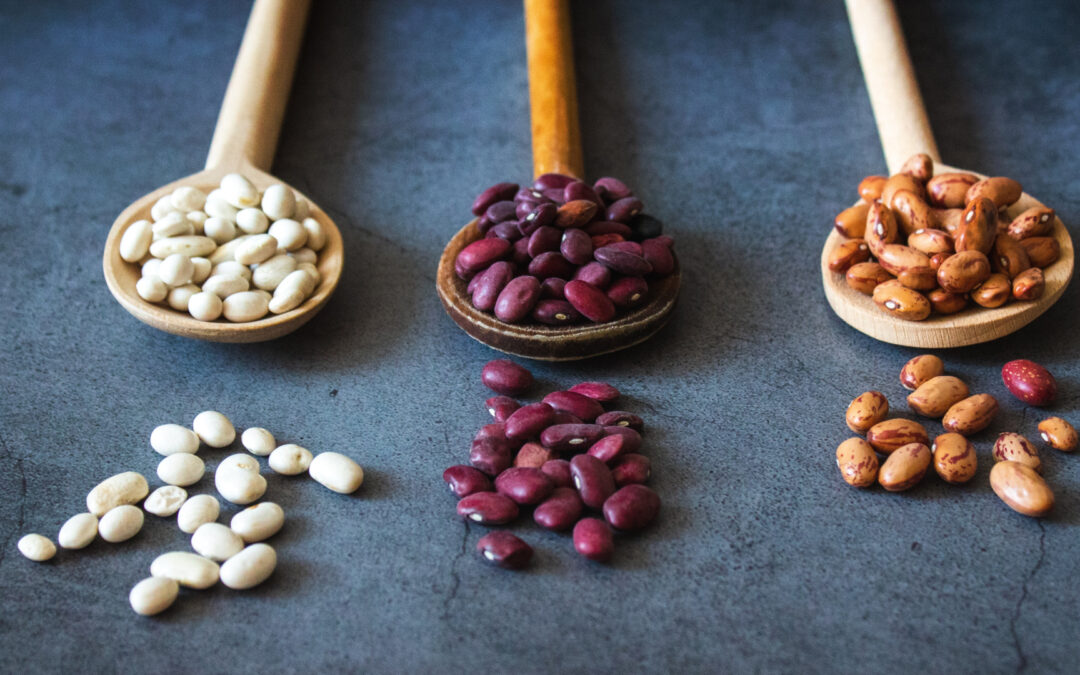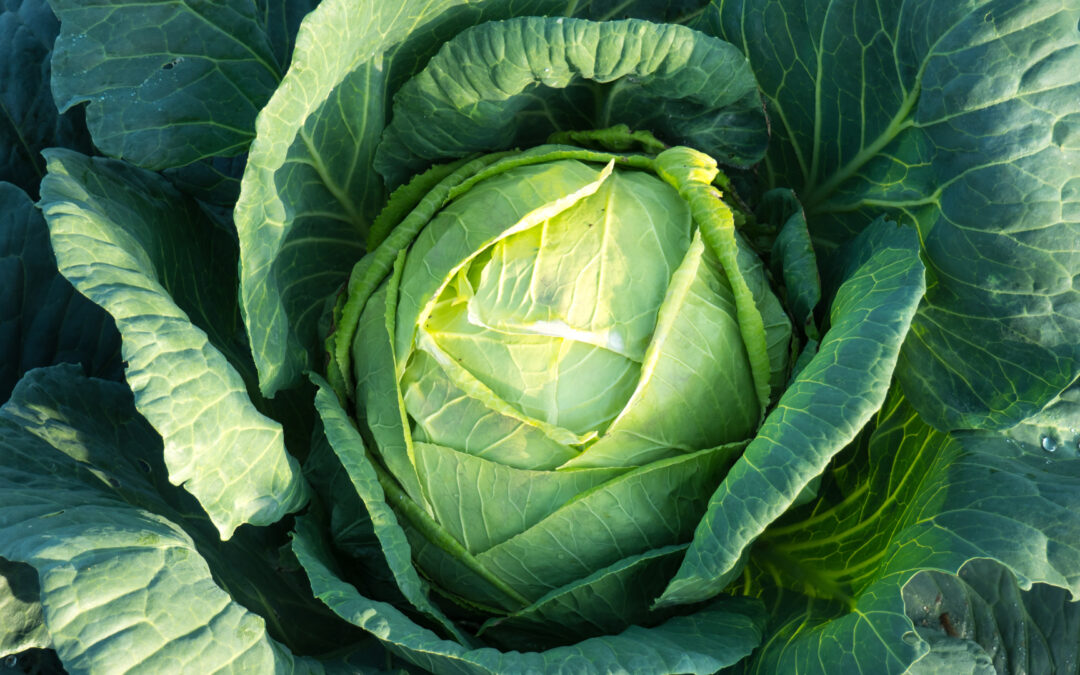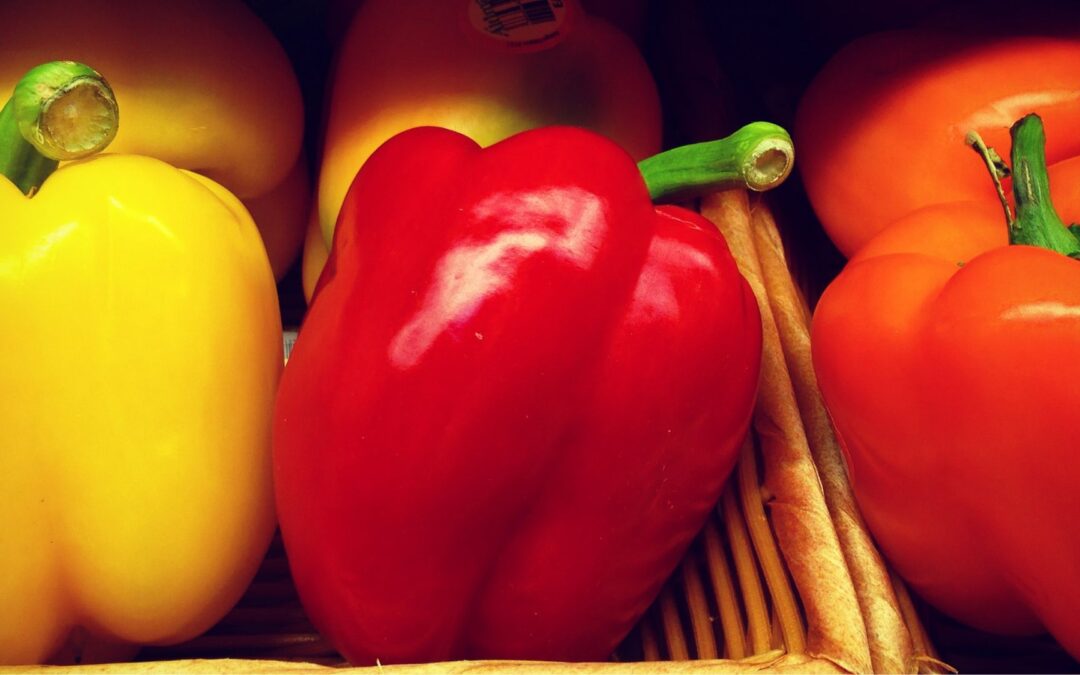“Solanum Lycopersicum” is the scientific name for Tomato.
Though tomatoes are native to western South America and Central America and several other countries are still found growing wild, Bangladesh has a great impact on the economy through tomatoes.
Bangladesh is an agricultural country. The people of this country are vastly dependent on agriculture. Here agriculture is considered the backbone of its economy. About 80 percent of its population lives in rural areas and 62 percent of the total labour force is engaged in agriculture.
Tomato cultivation is considered a profitable business in Bangladesh. In Bangladesh, the area of tomato cultivation is about 13,066 ha with the production of about 74,000 m tons.

Though tomatoes are a warm-season crop and are usually grown as summer annuals, the summer season is not suitable for tomato cultivation in Bangladesh. But, there is a huge demand for these vegetables during the off-season.
There are two types of tomato plants. One is determinate and another is indeterminate. The indeterminate type terminates in a vegetative bud and the determinate type terminates in a flower bud. After 25-30 days of seedlings, they are usually planted in November-December. After that, crops are ready for harvest in 80-90 days. The average yield of cultivating is 40-50 m tons/ha.
Tomatoes are a good source of several vitamins and minerals, such as vitamin C, potassium, vitamin K, folate, and antioxidants.
Tomato is also taken as processed food like tomato ketchup, sauces, and paste. The annual market for processed tomatoes in Bangladesh is around Taka 250 crore, which is growing at a rate of 10% per annum.
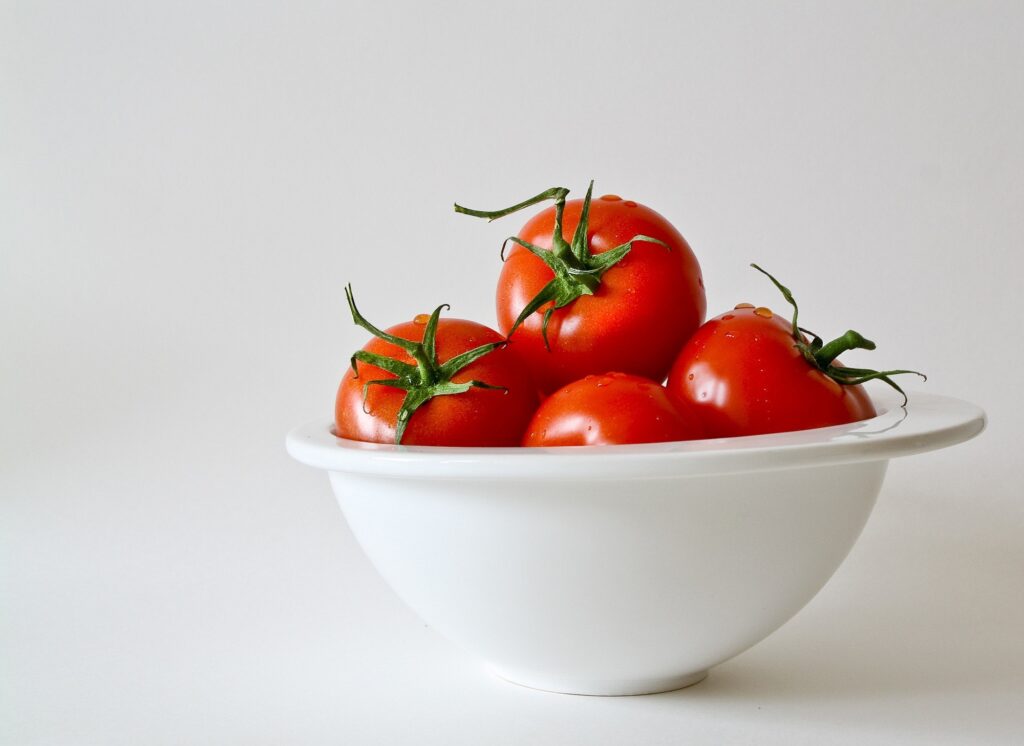
Some companies are offering contracts to the farmer to deal with them during tomato seasons. They paid them a handsome amount and collected tomatoes for processing. Processed food is being exported to Malaysia, United Arab Emirates, India, Sweden, Italy, and many other countries.
As people from the middle and affluent classes are now changing their purchasing and feeding habits, nowadays cherry tomatoes are also cultivated in respect of new tastes.
Sometimes growers face some problems like high input costs but low product prices. Sometimes they face a high buying range of pesticides but their crop has diseases. If we can face difficulties, we will be able to make our economy stronger.

